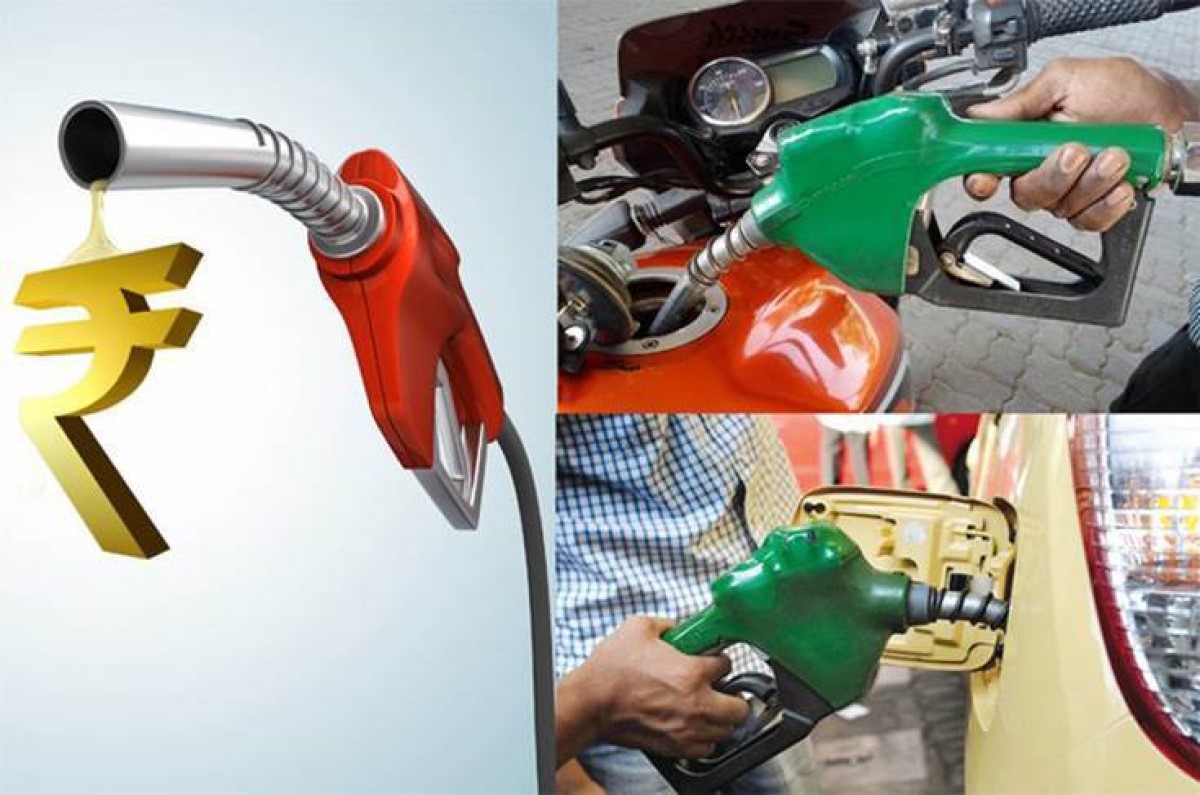
Indian motorists continue to be harangued by the incessant rise in the price of fossil fuels. The first price increase in the calendar year 2021 happened on January 6-7, and was followed by another two days of increase on January 13-14.
- Petrol prices in Mumbai and Delhi stand at Rs 91.32 and Rs 90.83, respectively
- Diesel prices in Mumbai and Delhi rise to Rs 81.6 and Rs 74.88, respectively
- Increase in global crude oil prices has resulted in the hike
The price of petrol today – January 14 – has hit Rs 91.32 a litre in Mumbai, which makes it just 2 paise short of the all-time high of Rs 91.34 recorded on October 4, 2018. On January 7, the price of a litre of petrol in India’s financial capital was Rs 90.83, which means the fuel has seen an increase of 49 paise over the past week. Any guesses when the all-time high for petrol prices will be breached? Clearly, when the next round of price increase happens. It could even be tomorrow.
Diesel, the ‘common man’s fuel’, has not been spared either. From Rs 81.07 a litre on January 7 in Mumbai, diesel today costs Rs 81.60 a litre, having risen by 53 paise in the past week. The price differential between petrol and diesel is now Rs 9.72 a litre.
For most of December 2020, there were scarcely any price hikes in fossil fuels and there was a 27-day relief for motorists as oil marketing companies kept petrol and diesel prices unchanged. There has been a speedy rise in crude oil prices and Brent crude is currently trading at USD 57.19 a barrel today, up from USD 54 per barrel on January 7. At the end of November 2020, a barrel of crude was USD 44.48 – more than twice the two-decade low when crude oil prices had dived to under USD 20 a barrel in April 2020. However, the Indian motorist never got the benefit of lower prices even when global crude oil prices had plunged. Now, as global oil prices increase, expect a regular rise in fuel prices in India.
Like the stock markets, crude oil prices react to a number of variable including supply and demand, economic news and crises, like the COVID-19 pandemic. As countries lift lockdowns and return to manufacturing operations, the need for transport operations, particularly as nations race to deliver the critical COVID-19 vaccine, the demand for crude oil has risen and resultantly the price.
Shift to EVs?
The continued rise in fossil fuel prices though may be ‘good news’ for purveyors of electric mobility. The government and a number of Indian states are aggressively pushing for a shift to electric vehicles (EVs), which promise zero tailpipe emission and reduced air pollution.
The Faster Adoption and Manufacturing of (Hybrid &) Electric Vehicles scheme has targeted an ambitious target of achieving 30 percent EV penetration across India by 2030. While adoption of electric mobility in the passenger vehicle segment is abysmal, demand for electric two- and three-wheelers is on the rise.
Also see:
MoRTH enables renewal of International Driving Permit from abroad
Front passenger airbag set to be mandatory for all cars sold in India
GPS-based toll collection to replace toll booths in next two years

